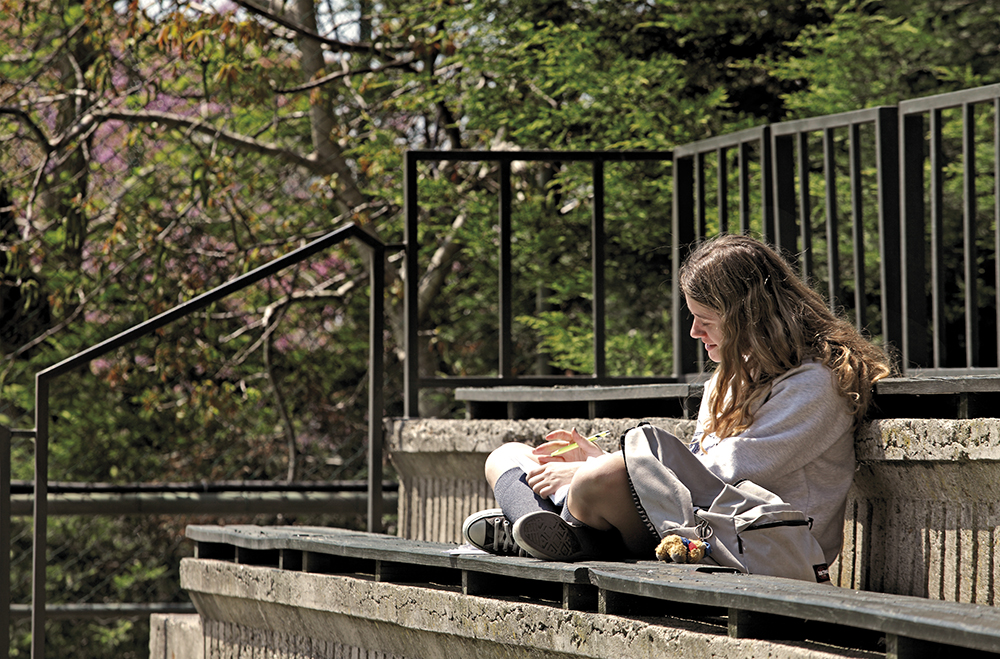Educational Vision
Turkish Language and Literature courses are designed to enhance students' language skills while allowing for an in-depth exploration of literary works. These courses foster critical thinking and analytical abilities, enabling students to engage deeply with texts. Through discussions of both classical and modern literature, students are encouraged to cultivate diverse perspectives.
The teaching methods employed include group work, discussions, and individual projects, all of which contribute to the development of both independent and collaborative skills. Group projects enhance students' capacity for teamwork, while discussions strengthen their ability to articulate and defend their viewpoints.
Additionally, a variety of media tools and technologies are utilized in the classroom to enrich students' learning experiences. Audio-visual materials provide opportunities for exploring different facets of literature, and activities conducted through digital platforms help to enhance students' communication skills.
Key Areas
The lessons are centered on enhancing students' reading, writing, speaking, and listening skills. Mastery of these four core competencies significantly boosts students' language proficiency, enabling more effective communication in both their academic and social environments. The curriculum incorporates essential activities such as writing exercises, presentation techniques, and creative thinking. Students are given the opportunity to discover and articulate their unique voices through various writing, reading, speaking, and listening activities across different genres. In particular, literature workshops foster creativity, allowing students to generate original works. These workshops feature engaging activities like creative writing and storytelling. Moreover, organized presentations and animated theater activities are designed to refine oral communication skills, empowering students to express themselves and uncover their talents.
 Student Journey
Student Journey
Experiential learning methods immerse students in real-world situations, encouraging active participation in various projects and activities. This approach fosters a sense of responsibility and helps cultivate students as engaged global citizens. Through these projects, students have the opportunity to make meaningful impacts at both individual and societal levels. Students are encouraged to take part in literary competitions, festivals, excursions, and collaborations with diverse communities. Such experiences not only enhance students’ academic knowledge but also heighten their social awareness. Furthermore, partnerships with local communities strengthen students' sense of social responsibility and contribute to their development into individuals who are attuned to social issues. Ultimately, experiential learning equips students not only with knowledge but also with the ability to apply this knowledge effectively and make valuable contributions to society.